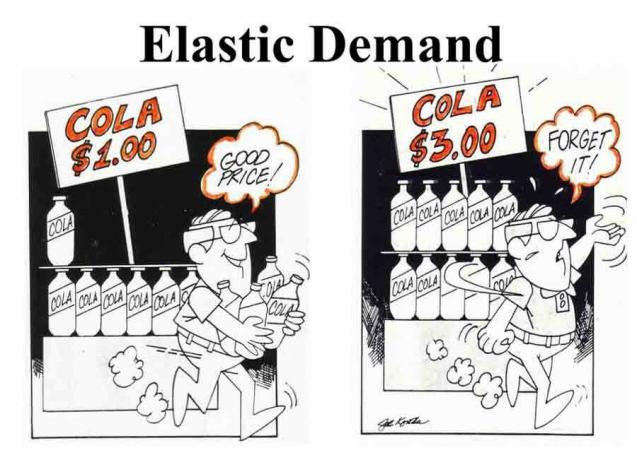John Maynard Keynes, was born on June 5, 1883 in Cambridge, United Kingdom, precisely where the renowned University with the same name is located. One of the first universities to train specialists in economics in the country, where Keynes was first a student and then an educator in the same career.
Keynes He was known as one of the most influential economists of the 20th century, since his thoughts and ideas strongly transcended current economic theories and policies.
Advertisements
In this article you will find:
Main thoughts of Keynesianism
- Keynes argued that the economy of a country should be governed by a series of policies or guidelines that would allow, from the political point of view, to get a country out of an economic depression.
- According to him, governments should seek to stimulate the demand generated in the market economy. In such a way that the best way to promote demand is to use tax policy, that is, what the State cannot cover, is supplied by an effective fiscal policy.
Events surrounding the history of Keynes
- In the first place, the rise of economics as a social science that detaches itself from philosophy in its first years of life, transforming itself into an autonomous discipline.
- As provided experience, he was the protagonist of the enormous economic depression that many countries experienced during the 30s, product of the First World War, which was a trigger in the development of his own ideas regarding the economy.
Keynes he established theories about the short-term operation of a nation's economy and studied the decisions that had to be made to achieve a more desirable situation for the state. He acted as an academic theorist and economics specialist and at the same time as a politician in the House of Lords, for the Liberal party, which gave strength to his ideas and served to closely see the economic development governmental.

Advertisements
Foundations of his theories
Keynes considered topics added to economic values such as employment and unemployment, behavior of the market in terms of consumption, production, saving or investment related to the economic activities of the nation.
He argues that these factors and the interrelationship between them is capable of dynamizing the economic behavior of a country and therefore influences the behavior of individuals.
Advertisements
What really disturbed Keynes was to observe what happened in the short term, that is, situations such as the occupational cessation or the crisis present in his country in In comparison with his fellow economists, who saw the situation from another perspective, it was not the scarcity of resources that was the problem, but unemployment and the existence of resources leftovers.
Keynesianism
Keynesianism It is a well-known economic theory, it is characterized fundamentally because it supports interventionism as the best option to get out of a crisis.
Advertisements
He produced a revolution that stopped classical economic thinking based on liberalism and pointed to a solution for business cycles.
Keynes saw low demand as the main cause of crises. He proposed stimulating demand through interventionism, as a regulatory mechanism of the economy in times of depression. The economist studied all the aggregate problems of the economy, such as unemployment, investment, consumption, production and saving of a country and these arguments built the basis of the Macroeconomy.
Advertisements
For this reason, he posed the question: Why are there excess resources in times of crisis? According to him, the reason would be insufficient demand, to need to use all the resources available, that is, companies hiring few personnel, because they do not have the productive capacity, the resources. As there is no capacity for employment, unemployment or surplus workers are generated.
If wages do not fall and prices do, it would mean a worker charging more in real terms, since they could buy more goods for the same amount. In this sense, if the purchasing power of salaries increases, there would be a greater supply of human resources, but fewer companies could hire workers due to the cost of their service. In this chain, a stoppage of activities would be generated and it would lead to a depression in the market, which would cause prices to fall, thus generating a vicious circle.
According to Keynes, increasing wages alone is not the way to cope with crisis situations, the solution to insufficient demand may be the use of a policy applied by government entities, who would be in charge of moving demand through tax policies, monetary policies and exchange rate policies of the currency.
For this reason, Keynesianism's main purpose was to provide institutions with instruments that would allow them to manage times of crisis and recession. Proposing to proceed on the budgetary expenditure of the State (fiscal policy) by the derivation multiplier that causes an increase in aggregate demand and its relationship with the level of employment and income.


